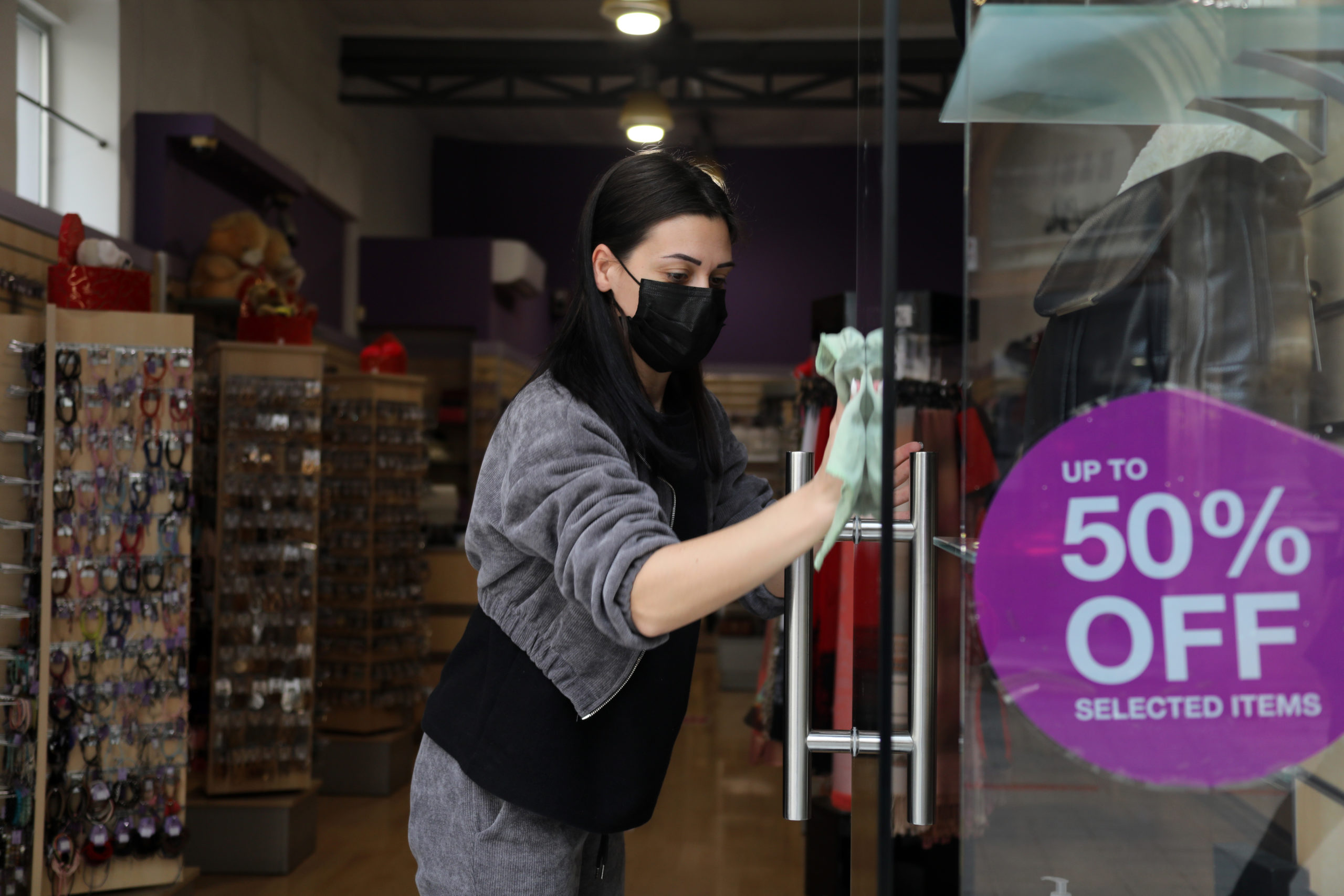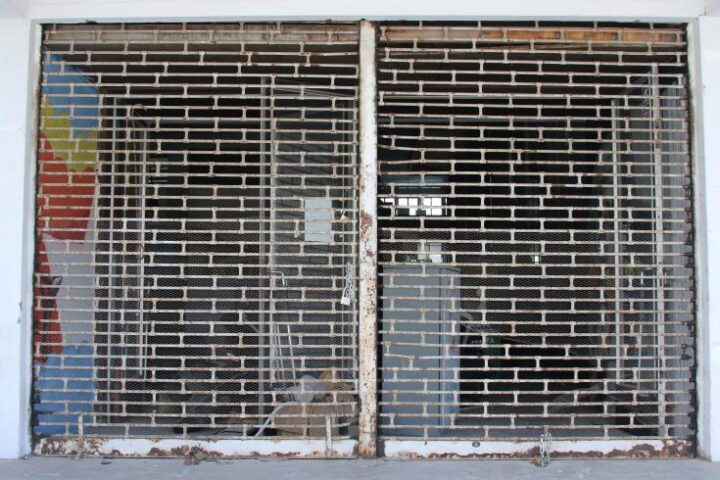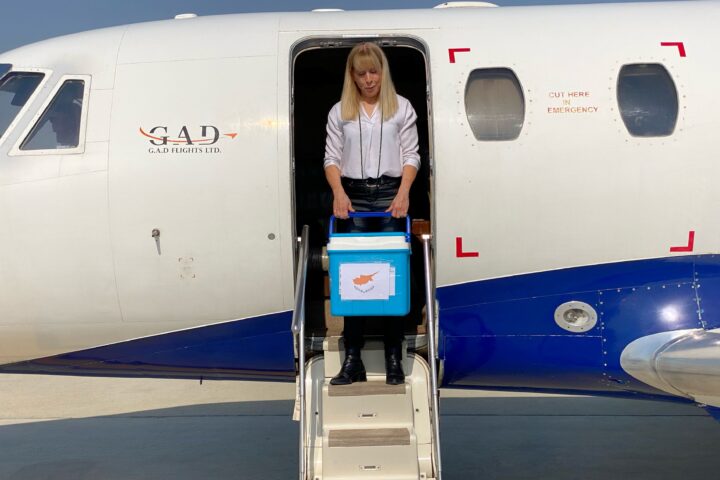The tremendous impact that Covid-19 has had on livelihoods has dramatically affected businesses and workers alike, with many seeing their life dreams destroyed or waning, while some discovered opportunities to change and overcome future challenges.
A senior executive at one of the leading independent advisory firms in Cyprus believes the past year’s challenges should also be a lesson on dealing with crises, regardless of known or unknown causes.
“Prior to the coronavirus crisis, the lockdowns, and the economic slowdowns, we took too many things for granted.
“Now we are called to rediscover our ability to cope, which is best achieved through planning and determination,” said Petros Nacouzi, Managing Partner at Mazars Cyprus.
“Our international network of Mazars offices has focused on four pillars – resilience, responding to the crisis, rebranding and commitment to a healthier future,” he said in an interview with the Financial Mirror.
“As ‘global’ as these messages might sound, Cyprus is no different from any other part of the world. You could say that Cyprus is a microcosm reflecting on a smaller scale what is happening on the rest of the planet.
“We should be proud that in a relatively small economy such as ours, we have been quick to respond to the medical and economic challenges by placing the individual at the forefront and supporting small businesses, highly skilled workers and even large corporations.”
So, how is Mazars Cyprus making its own contribution to making the world a better place to live in.
“Let’s start from our office and how we advised our clients, big and small, to deal with the situation.
“Some were panicking because they have a mortgage on the house, student loans and children to raise.
“Others did not know if there will be a business to go to during or after the measures are lifted.
“It was a nerve-crunching experience for us as well but dug deep into each individual’s qualities and brought out the best of us, that also describes the Mazars DNA.”
As a qualified chartered accountant for more than 25 years, Nacouzi said that it is not just black and white; they are not all just numbers.
“On many occasions, my partners and I spent long days, even nights, trying to solve problems, often appealing to the knowledge wealth of the Mazars international network, and many times discovering new solutions through the basic rule of all – trial and error.
“I believe now is a great opportunity to improve the business model of Cyprus, both in the services we provide and how we do that.”
He believes Cyprus can reinvent itself and break away from the images of the past of services, property, and tourism.
“Let’s not forget that it took Cyprus less than a century to discover itself. We had the second world war, after which Cypriots looked to the outer world for work and education. Our grandparents invested in this knowledge society which has paid off.
“After independence, we faced new challenges and opportunities, transforming from a farming society to a light-industrial, tourism and service.
“After the catastrophe of 1974, we had to rebuild everything, and we created the ‘economic miracle’, which took some tweaking; some mistakes were made, and we have learned from them.
“Cyprus finds itself at a critical juncture. We are hard workers by nature. Through this last crisis, we have kept to our family values and traditions, and that is what makes Cyprus unique.”
Nacouzi and his team of 30 partners and associates have come up with simple guidelines to overcome the current challenges and be ready for the ‘day after’ when, admittedly, not everything will go back to the way it was.
“As an individual as well as a man close to my family, I had to cope with so many challenges during the past year, big and small.
“However, the biggest lesson of all has been that health is above all, and a healthy person can build a healthy future.
“We shape our own destinies, and we have to grab the opportunity bull by the horns.”
Nacouzi offers five pieces of advice for the small business and entrepreneur to survive in these difficult times:
- Adapt your business model. You may face an industry that is being heavily affected and whose demand for goods or services is being drastically reduced. Think where to expand next. For example, one of our international clients involved in the wholesale and retail sale of textiles and fashion products was able to ‘balance the books’ by going into the industry for masks and medical professionals’ uniforms, which enjoyed a spike in demand.
- Go digital. If you are not yet online, start immediately; a website and possibly an online channel for delivering your goods or services is a must. You may consider partnering with e-commerce organisations such as Amazon or eBay.
- Stay in touch. Keep contact with your customer base and other stakeholders in your business – if you chose email communication, appear honest and direct; social media is an excellent way to tap your customer base and build a following.
- Control your costs. Manage your cash flow, consider reducing opening hours, take full advantage of all state benefits such as salary grants, consider extending payment terms with suppliers.
- Ask for help. It could be your advisors, your family, sometimes even your peers in your own industry who would be happy to share experiences.










